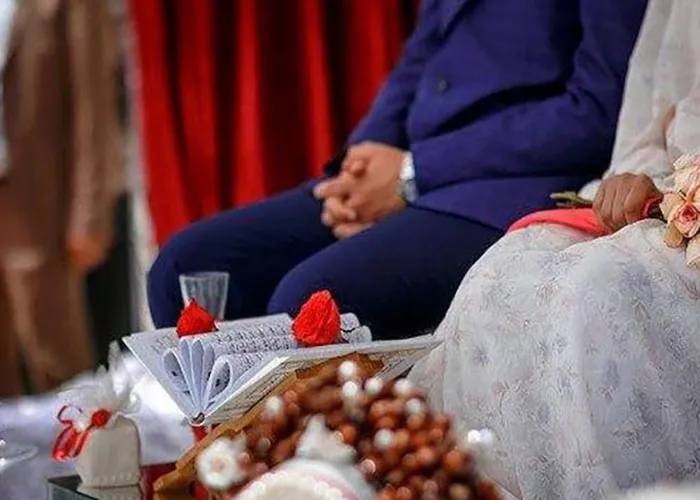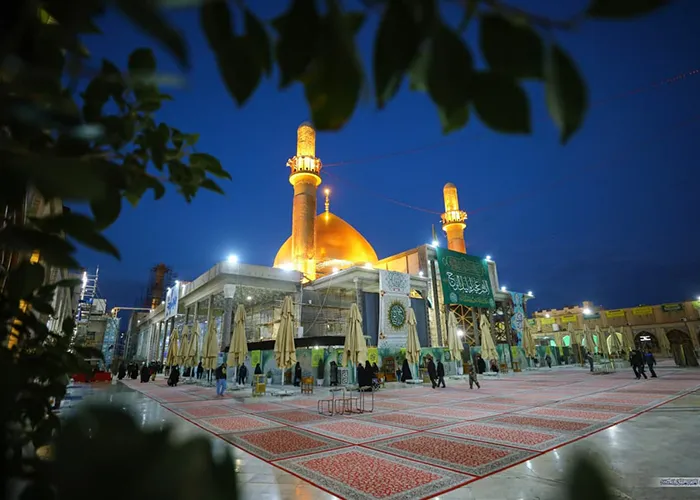Religious Outreach Experiences – Volume02 Issue38
The Official Language of Religion
During one of my preaching trips, I was invited to recite the marriage contract at a wedding ceremony. I recited the contract first in Arabic and then repeated it in the official language of that country.
At that moment, one of the attendees-who did not appear to be particularly religious-asked me:
“Why didn’t you just recite the contract in the national language? We may be Muslims, but we have our own language. Wouldn’t it be better if our prayers and marriage contracts were performed in our mother tongue?”
His question opened the door to an important conversation. To explain, I gave him an example:
“In this country, people speak many different languages. Yet, the national anthem is sung only in the official language. Regardless of their mother tongue, everyone is expected to recite it in that language. Why? Because it symbolizes unity and national cohesion.”
I then added:
“Now, if a few million people in one country are entitled to have a single official language for their anthem, why should over a billion Muslims worldwide not have the right to share a common language in matters of faith? A language that unites them in prayer and in religious rituals.”
This explanation pleased him greatly. Not only did he find the answer convincing, but he also expressed his eagerness to raise further questions and doubts in future discussions.
Lessons Learned
- Using clear and relatable social examples can be one of the most effective ways to respond to religious doubts.
- A unified language of worship strengthens the spiritual bond among Muslims across the globe.
- Respectful and open dialogue creates trust and provides an opportunity for hearts to open toward the message of faith.
editor's pick
news via inbox
Subscribe to the newsletter.




